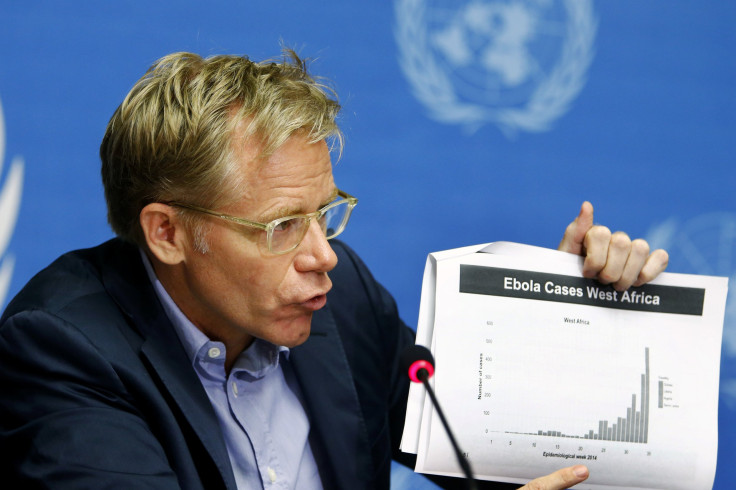Ebola Virus Outbreak 2014: Ebola Costs By The Numbers - WHO Requires $490 Million To Fight Ebola As Outbreak Grows

According to the World Health Organization, it costs $244 to test one person for Ebola. For every reported case, health workers need to trace at least 10 people the patient may have contacted, which costs about $225 per person. When a person dies their body must safely be buried and their household sanitized without workers risking infection. This costs $404.
The Ebola virus currently sweeping across West Africa has already killed more than 1,500 people and affected 3,000 in Guinea, Liberia and Sierra Leone without showing any signs of stopping. On Friday Senegal reported two cases, and Nigeria reported another outside of Lagos.
And as the death toll mounts, so do the costs.
The WHO estimates that it will take at least $490 million to give health workers a chance at fighting the largest recorded outbreak in history. Earlier this month they had estimated a cost of just $71 million, but that was before researchers said the virus has a potential to infect as many as 20,000 people.
“National authorities in the affected countries have been working with WHO and partners to scale up control measures,” the organization’s “Ebola Response Roadmap,” says. “However, the [Ebola] outbreak remains grave and transmission is still increasing in a substantial number of localities, aggravating fragile social, political and economic conditions in the sub-region and posing increasingly serious global health security challenges and risks.”
Their goal is to “reverse the trend in new cases and infected areas within three months, stop transmission in capital cities and major ports, and stop all residual transmission within 6 - 9 months.”
To get this done, the WHO has a set of priorities. These include Ebola “intervention packages” that include management of current cases, diagnoses of possible patients, victim burial, and using local community leaders and social networks to raise awareness.
Health workers also need to deal with movement -- keeping infected people from crossing borders but allowing “essential and supportive services” to move from place to place easily.
Doing this effectively and safely isn’t cheap. WHO researchers estimate that it takes roughly $5.7 million to set up and operate a 50-bed Ebola treatment center for six months, with a total cost of $126.5 million. Meanwhile, ensuring safe burials across the region through “burial teams” will cost roughly $6.1 million, while “social mobilization and community engagement” will cost about $12.2 million.
And even these costs barely scratch the surface. According to the report, these do not include costs of supplies and equipment or the deployment of staff.
© Copyright IBTimes 2025. All rights reserved.






















